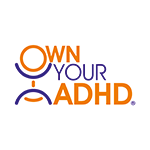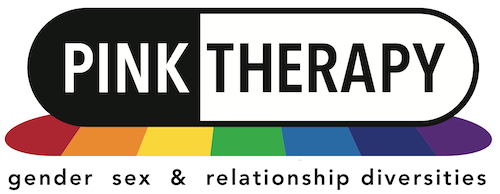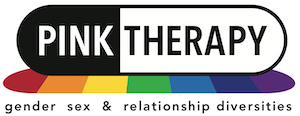Own Your ADHD - Dr Rob Agnew
About the Therapist
I come from a working class family in East London and was educated by Jesuits, although I am not religious. I consider myself a cis gendered gay man. Most of my clients would probably say that I am not quite what they expected, often because of my informal and approachable style, as well as my willingness to share relevant aspects of my own experience in sessions when it is helpful. That said, I deeply value professional standards of practice and ethics, and I have been actively involved in helping to develop these within the profession of psychology.
In more recent years, I have chosen to specialise in ADHD, autism and OCD/BDD, in part because I have received the diagnosis myself. I also specialise in supporting people with co occurring difficulties that are often seen alongside ADHD such as eating presentations, anxiety, depression, self harm and addiction, always with a neuro-inclusive perspective.
- Gay
BSc(Hons) Psychology 2004, University of East London
DClinPsy Clinical Psychology 2008, University College London
| Award | Awarding body | Year of award |
|---|---|---|
ADHD practice is in its early development and there has been little in terms of standards or specifically evidenced approaches. For many years private clinics have seen ADHD as a source of revenue to be tapped into, and as a result services and practices have set up quickly, employed clinicians with little relevant background. In addition to this, various computer programmes and software platforms have emerged to 'quickly' diagnose ADHD, and have corrupted the definition of this complex neurodevelopmental difference as something that can be defined purely by reaction times and visual attention. As a result there is now a great deal of confusion, suspicion and stigma associated with ADHD diagnoses.
I use my training in clinical psychology and my background in brain injury, autism and ADHD services to map out the 'neuro-profile' of each of my clients individually. ADHD looks very different between people, you cannot have a one-size-fits-all approach. I approach the things from the cognitive, behavioural, systemic and emotional regulation perspectives but also ensure that learned perfectionism, emotional overcontrol and the management of neuro-fatigue are considered.
Over the years I have developed an approach called 'circadian programming' that uses 'intact' fundamental neurocognitive mechanisms to compensate for those that differ in ADHD, and a set of strategies that go beyond 'dopamine-hunting' and compensatory cognitive strategies that often fail to deliver in the long term.
The co-morbid presentations I often see in my clinic ('Pure O' OCD, BDD, emetophobia) are informed by my ADHD practice where relevant. But therapeutically I use elements of behavioural therapy, CBT, DBT, compassion based approaches, RO-DBT and reparative attachment approaches to help people move towards more freedom in their thinking and their living.
Around 70% of my clients are from the LGBTQ+ communities, and I am fortunate to see clients from the trans, no-binary and intersex communities. However, I have not worked in gender identity services and do not offer diagnoses of gender dysphoria, unless there is a clinical issue that I have expertise in that would otherwise stop clients from using a mainstream service.
- Acceptance and Commitment Therapy (ACT)
- Behavioural therapy
- Cognitive Behavioural Therapy (CBT)
- Compassion-focused therapy
- Consultation
- Couple therapy
- Dialectical Behaviour Therapy (DBT)
- Family Therapy
- Hypnotherapy
- Narrative therapy
- Neurodivergent
- Other
- Psychodynamic
- Relationship therapy
- Solution Focused Brief Therapy
- Supervision
- Systemic
- Ace | Asexual
- BDSM | Kink
- Bi- | Pansexual
- Consensual non-monogamy
- Cross-dresser
- Intersex
- Lesbian
- Non-binary | Genderqueer
- Queer
- Questioning
- Survivors of attempted conversion therapy
- Trans
- One to one
- Two people
- Three or more people
- No adaptation
- Adults
- Seniors (60+)
- Young adults (16-24)
- Online
15 minute introduction call: No fee
Standard session: £145
Insurers accepted: AXA, Aviva, Bupa
ADHD diagnosis: £950 (online)
Sorry, no records were found. Please adjust your search criteria and try again.
Sorry, unable to load the Maps API.


